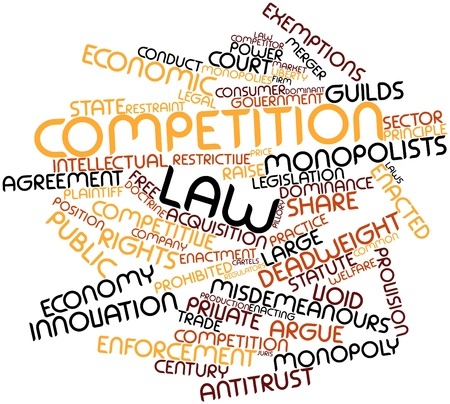15 July, 2015
Quisumbing Torres' Mia Carmela Imperial and Alain Charles Veloso spoke on Philippine Competition Law: Existing Framework and Future Direction during the inaugural Asian Legal Business (ALB) In-House Legal Summit in Manila on 29 April at the Fairmont, Makati City. The event was attended by more than 100 senior-level corporate counsels.
The Philippine Government commits to introduce a competition law within the year. A bill entitled the “Fair Competition Act of 2014” (the “Senate Bill”) was recently approved by the Philippine Senate and is on its third and final reading. Its counterpart bill in the House of Representatives (“House”) has recently passed its third reading. Generally, every bill passed by the Philippine Congress has to undergo three readings in both the Senate and the House. Once passed by both Houses, a bicameral conference committee will consolidate the two bills. The consolidated bill then becomes law, following approval from the President of the Philippines. The Department of Justice has also recently issued Department Circular No. 5 providing for the guidelines on the enforcement of competition laws in the Philippines.
“The enactment of the pending bills into law will have significant and far-reaching implications on a wide array of transactions, commercial activities and arrangements in the Philippines, or with Filipino persons or entities, and bring the country closer to the level of antitrust regulations imposed in other jurisdictions, ” Alain Charles Veloso, senior associate of the Firm's Corporate & Commercial practice group, explained. “In the event that the pending bills are passed into law, commercial arrangements and transactions, including any proposed mergers or acquisitions, which are not subject to stringent review under current antitrust laws and regulations, may have to undergo further review to comply with the law. Considering the implications of such law in the Philippines, it is imperative for businesses in the country to keep a close eye on developments of the pending bills and anticipate how its enactment may impact their current and planned operations and commercial arrangements, ” he continued.
A discussion on dawn raids as an enforcement tool of competition law followed, providing the audience with concrete guidelines on what to do during such surprise inspections.
Mia Carmela Imperial, senior associate in the Firm's Dispute Resolution practice group, sent across the key message that preparedness is critical to minimizing the impact of a dawn raid. She explained, “The Department of Justice’s Office for Competition, and industry-relevant regulatory authorities, may carry out “dawn raids” of companies suspected of infringing competition law. A dawn raid, which relies on the element of surprise, places considerable pressure on multiple areas of a business. Inspectors can possess wide powers to search a company's premises, take copies of documents, and ask employees questions. Dawn raids may take place in multiple locations at the same time. Significant fines and penalties can be imposed on companies, as well as individuals, that fail to comply with their legal obligations during a dawn raid. It is thus crucial to have an effective internal response strategy in place. All employees must be well trained to deal with the inspectors, and must know what their legal obligations and rights are. At the same time, it is important to ensure that a company's rights and the limits on the inspectors' powers are respected. Preparedness is the key to minimizing the impact of a dawn raid.”
Among the key speakers at the event were Hon. Leila De Lima, Secretary of the Department of Justice of the Philippines and Teresita Herbosa, chairperson of the Securities and Exchange Commission.
For further information, please contact:
Ramon J. Quisumbing, Partner, Baker & McKenzie
Ramon.Quisumbing@quisumbingtorres.com





